The Plastic Diaries editor Kimberly Nissen was one of the first beauty bloggers in Australia. A major advocate of the blogger scene, Kimberly was at every media event, organised huge blogger weekends, and was making a commercial success of it. But then she disappeared. Completely. No-longer at events, no-longer posting on her blog or social media, no-longer talking to brands… she just wasn’t there.
The good thing is she’s now back and having another crack. So just what happened? Well, you’ll have to head over to The Plastic Diaries to find out more about that – but here on Husskie, she’s telling us how to avoid the pitfalls of her mistakes. Read below to find out Kimberly’s five key take-outs on how to avoid “Blogger Burnout”…
How does a professional blogger who started early, achieved many great successes, and helped build a community from scratch end up becoming invisible and all but disappearing from the influencer stratosphere? Easily and quickly. It’s called Blogger Burnout and it can happen to anyone. It happened to me recently, and after revealing my very personal blogger burnout experience on The Plastic Diaries, I’m now offering up some key insights to other influencers in hopes they can learn from my mistakes.
I’ve had a blog of some form since 2000, but when I started The Plastic Diaries in 2008, I never thought it would lead me to where I am today. My blog became my full-time job in 2010 and I achieved some great milestones with it. I’m in no way saying those years were wasted, or that nothing was accomplished. I am blessed and grateful to have achieved all that I have, but I would be lying if I said that I couldn’t have done things better. I can’t change my path but perhaps my mistakes will help you to avoid making the same ones.
I didn’t do the necessary prep work
I started my blog as a hobby and it grew organically, which was great. No one does research or prep work for a hobby blog, right? However, when things picked up and I went full-time I still didn’t have a plan of action. I treated my new job as just a busier version of my hobby. I spent years working exactly how I wanted to, not how I needed to. I thought as long as I worked really hard I’d be successful. This was a legacy passed down from my family and it couldn’t have been more wrong. The key isn’t to work hard, it’s to work smart.
I planned the things I enjoy, like my editorial content or the products I’d review, but I avoided business planning like the plague. I didn’t do a business plan. I didn’t even have a mission statement. I could verbalize my goals and mission, but there was nothing on paper. Nothing to guide me when I felt lost or unsure of the next right step.
I believed I could do it all
I’ve learnt that just because I CAN do something, doesn’t mean I SHOULD. I have the capabilities, knowledge and experience to run all aspects of my business… there is nothing wrong with that. The problem was that I believed I should do it all simply because I could and I know what I want. I let my deep-seeded trust issues interfere with business, and that was a big mistake.
It became evident to me recently that fear controlled a lot of my decisions and actions. As a perfectionist, it’s all too common that fear manifests as controlling behavior. This meant I couldn’t outsource a single task. I couldn’t trust anyone enough to let them work on my business with me, and that only hurt my business. I spent far too much time on tasks that I couldn’t do effectively or procrastinating over important tasks that didn’t interest me. I stunted the growth of my business out of fear.
I now have people who help me in my business with the tasks that weren’t the best use of my time. I have a bookkeeper for the nitty gritty finances, I have a mentor to give me perspective and guidance, and I have a web development service which does an amazing job with all the little issues that come part in parcel with running a large website. Occasionally I will also hire virtual assistants to complete ad hoc tasks.
I invested in community growth, not my own
One downside of starting out early in an up-and-coming industry is that you must spend a lot of time educating. My passion for blogging made educating enjoyable for me so I rarely turned down an opportunity to help the Australian beauty blogging community grow. The problem was that I ultimately cared too much about raising the profile of the beauty blogging community rather than my own. I worked tirelessly on helping other bloggers and businesses understand our realm, but that time could have been better spent focusing on creating my content and building my site.
It was people-pleasing taken to an extreme level. I wanted the world to take us seriously, and I felt a duty to help with that. I couldn’t leave it alone for things to happen on its own and progress naturally – in fact, that’s been a lifelong theme for me – but the key outcome was that spending that time and energy on developing my own brand would have left me in a better position for when the industry did finally accept us. Now we have a booming beauty influencer community in Australia and massive earning potential for both influencers and brands, but my growth hasn’t been at a comparable speed.
I wasn’t as mentally healthy as I thought
Mental health can be a funny thing. In this day and age, with lots of mental health initiatives and charitable campaigns raising awareness, we are led to believe that we are more in tune with our own mental health than ever before. I’ve learnt that it wasn’t the case for me. I was falsely secure about how well I was really doing, partly because externally I was doing better than ever before. Brands and PRs wanted to work with me. I was called upon for my expertise and advice. I was making money. I wasn’t crying myself to sleep (something I had experienced a fair bit in past careers). I was at a healthy weight. I was socializing. I thought all these things meant I was doing great!
I wasn’t ready to start my own business because I had no idea what I was really signing up for. Personally, I had a lot of stuff to work on before I could take on something this massive, but instead of exploring my own issues and working on them, I used my drive to distract from personal problems. Distraction only delayed the inevitable meltdown. I’m a chronic people-pleaser and that made me perfect for this industry of wheeling and dealing.
My three biggest issues revolve around self-loathing, fear of rejection, and fear of abandonment. Therefore, being an influencer was perfect for me – it allowed me to live in my insecurity and use it as a driving force. It’s one of the most toxic environments a person with low self-worth can be in. If you have self-esteem issues, or if you require others to affirm your level of worthiness, this isn’t the space for you to live a healthy life. The chance of achieving greatness is much higher than some conventional jobs, but the cost to your mental health is more than it’s worth, especially if you have unrealistic goals.
The biggest mistake I made was this one, and nearly every other mistake occurred as a direct or indirect result of underestimating my mental state. Having worked hard and grown so much in the past year has allowed me to see how these errors impacted me. If you relate to any of this, start working on yourself immediately.
I took it personally
Being an influencer isn’t for the faint-hearted or the sensitive personalities. It’s not even for the brave-hearted. The people who thrive in this line of work are most commonly the iron-hearted. Most blogging niches attract everyone from the most insecure to the extreme narcissists, and pits them against each other as a driving force. Blogging is now seen as a competition, not a community.
I’m a sensitive, empathic person, so in my case I took everything way too personal. My blog is the result of my blood, sweat, tears, laughs, hopes and dreams. The problem with that was that I saw it as an extension of myself rather than a separate entity. The blog is not me, nor am I it. Yes, they are very similar beings, but we are not one – and each can survive without the other. I’m a person and the blog is a business (although it’s a business that means far more to me than most businesses mean to other business people).
I’m not talking about trolls or negative criticisms as the things I took personal – I was very good at detaching from those occurrences and taking it all with a grain of salt. What I took personally was success and failure by comparison. There were many brands and PRs I spent a lot of time building relationships with and I falsely believed that we were of mutual support to each other. For these people, I would do favours just because they asked. I would delay or cancel something important to me in favour of something that was important to them. I felt honoured that they wanted ME, little old me!
There was a lot of give on my side because it felt nice to be wanted and I thought that it was simply good “business”. I felt that this budding relationship meant that when the time came that I needed support, they would be there. I had developed a misguided false sense of loyalty and friendship. However, when new, shinier influencers came on the market, I was left feeling abandoned by these “friends” I had made. I was mistaken for expecting these long-term business relationships to have a future based on loyalty. That’s not how business works. Loyalty doesn’t hold value in the influencer and blogging words.
The fact is that I didn’t have something they wanted, or my offering wasn’t good enough, but I couldn’t see that because I was clouded by the hurt of realizing I was just something to serve their needs. I may have been around longer than someone else, or have more followers/pageviews than someone else, but I failed to see beyond that elementary level of quid pro quo. In a personal relationship that’s a no-go, but in business that’s exactly what is required. In business relationships, mutual needs are served and met, and if those needs can be better met by someone else, then the relationship can end.
The same abandonment was applied to my media and influencer colleagues as well. When you spend so much time with these people, attending events together 10 times a week, chatting only and usually seeing more of them then your real friends or family, a false sense of relation is easily manifested.
The greatest thing to have come from my burnout was that I learnt who truly was supportive of me and cared for me as a person, not just as an influencer who served their needs. Realising that most brands and people I had been working with in fact didn’t care about me as a living, breathing person has helped me to change my entire approach to my work. People-pleasing is out the window and I know that the only person who truly matters in creating my content is me. Don’t get me wrong, I love working with brands and I loved the many beautiful people I met in past years, but gone are the days where I act based on the belief that I owe them something. I don’t owe anyone anything and nor do you. The only person I owe is myself and that is to live a happy and fulfilling life.
Images: @plasticdiaries

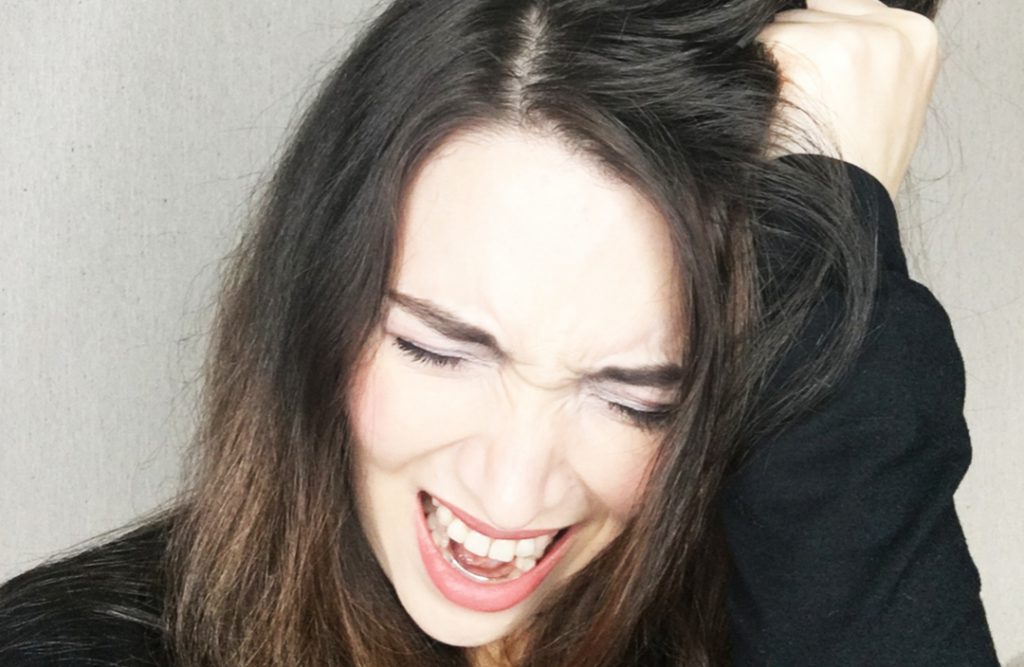
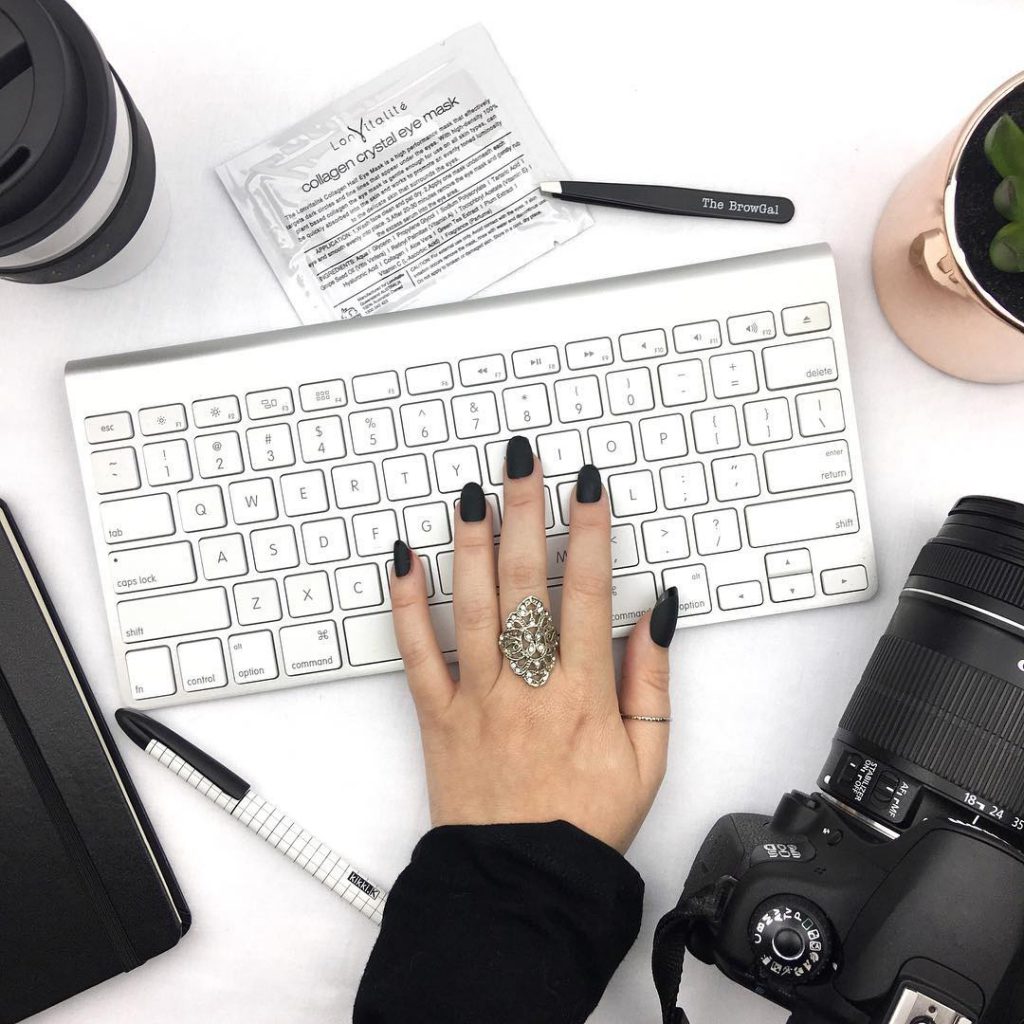
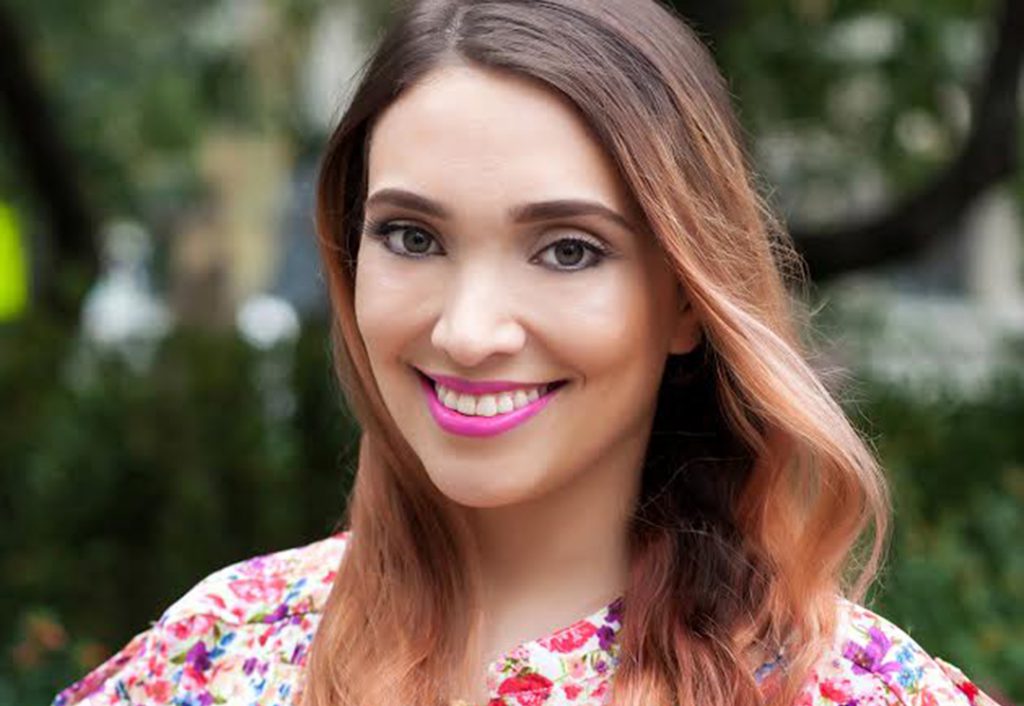
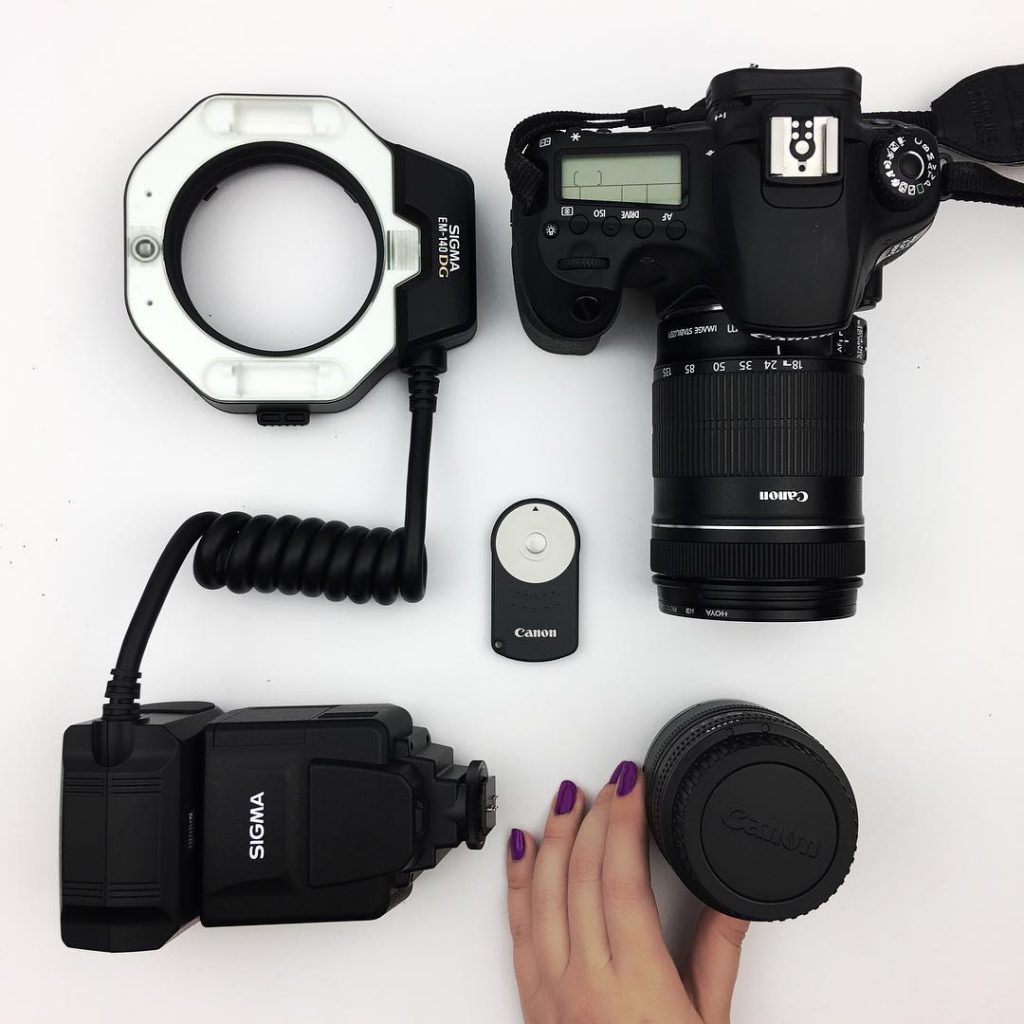
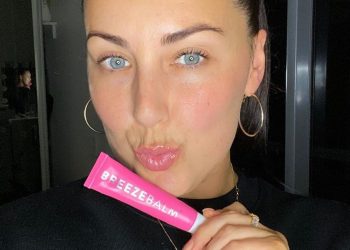
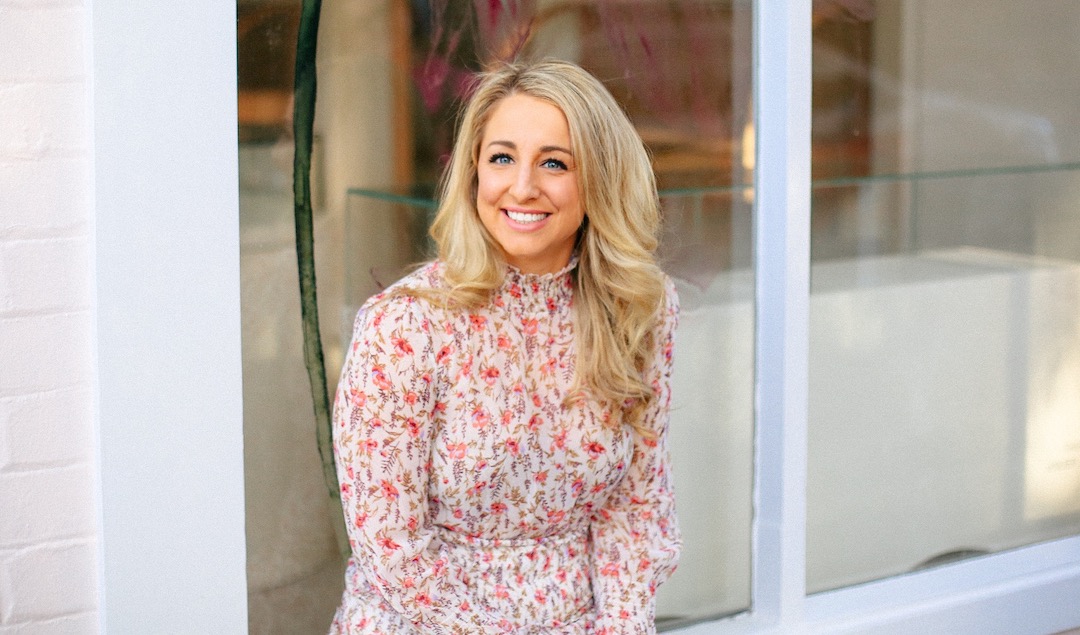
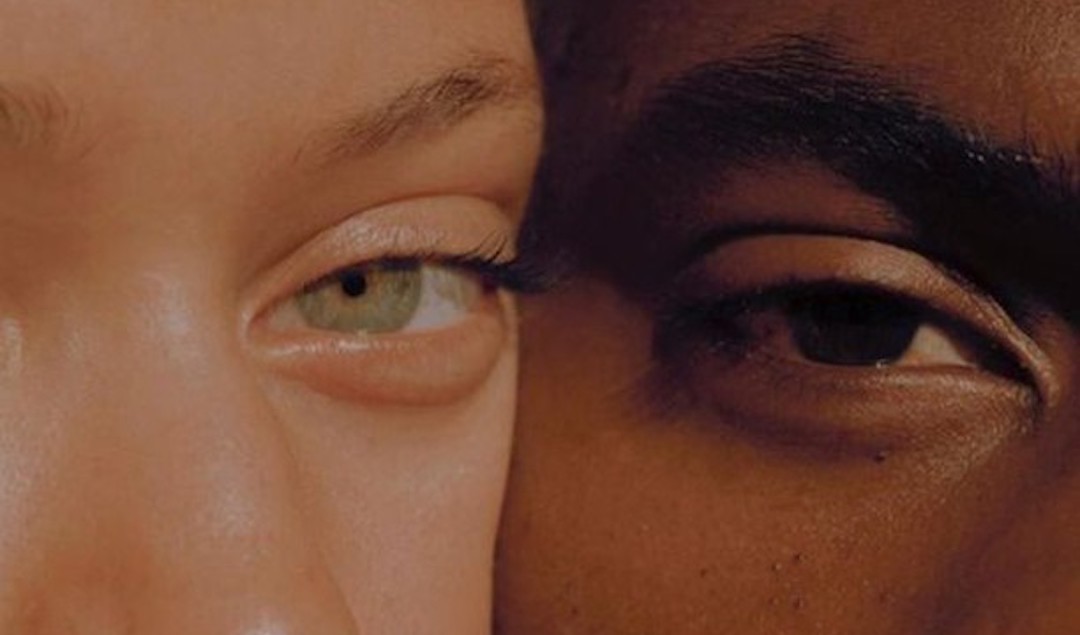
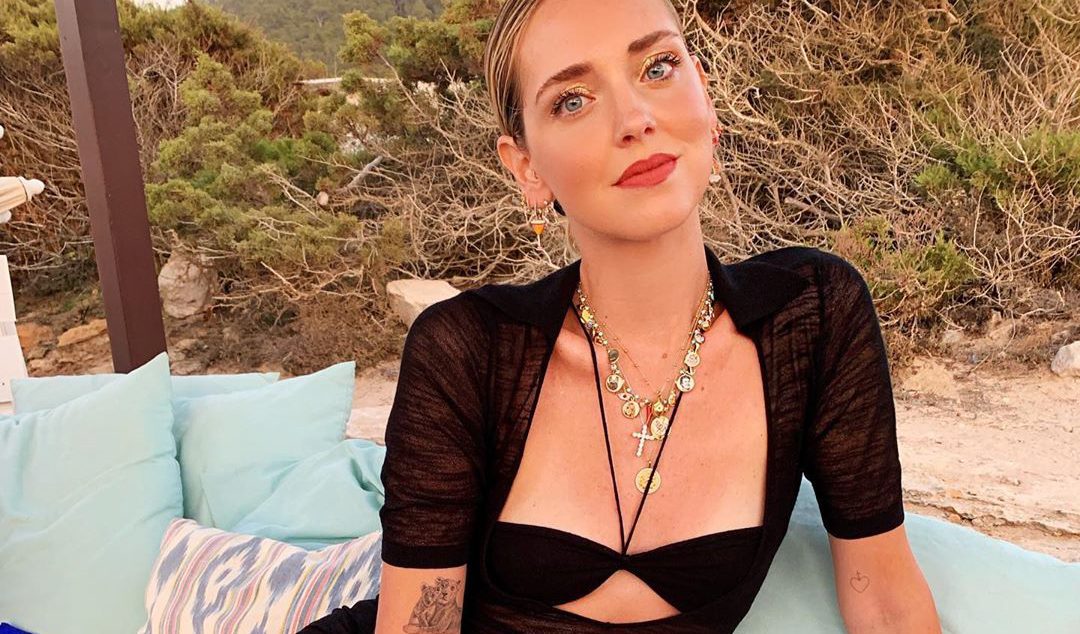






Thank you for posting my tips!!
Absolutely loved doing this with you. Thanks so much for sharing all your wisdom with us! xx
I never knew the reasons behind why you disappeared from the scene, Kimberly, but your absence was greatly missed by me. It’s so nice to have you back. So much of what you have shared also resonates loudly with me. Thank you for your honesty and wise words of wisdom ….. I will read this post again and again. Lots of love to you x
Thank you so much Vicki, that’s so kind. I know I just vanished and left things open to interpretation, but I hope the tell-all I shared on The Plastic Diaries does give some insight into why it happened. I’m better for it and I think I have a far better offering now than I ever did. X